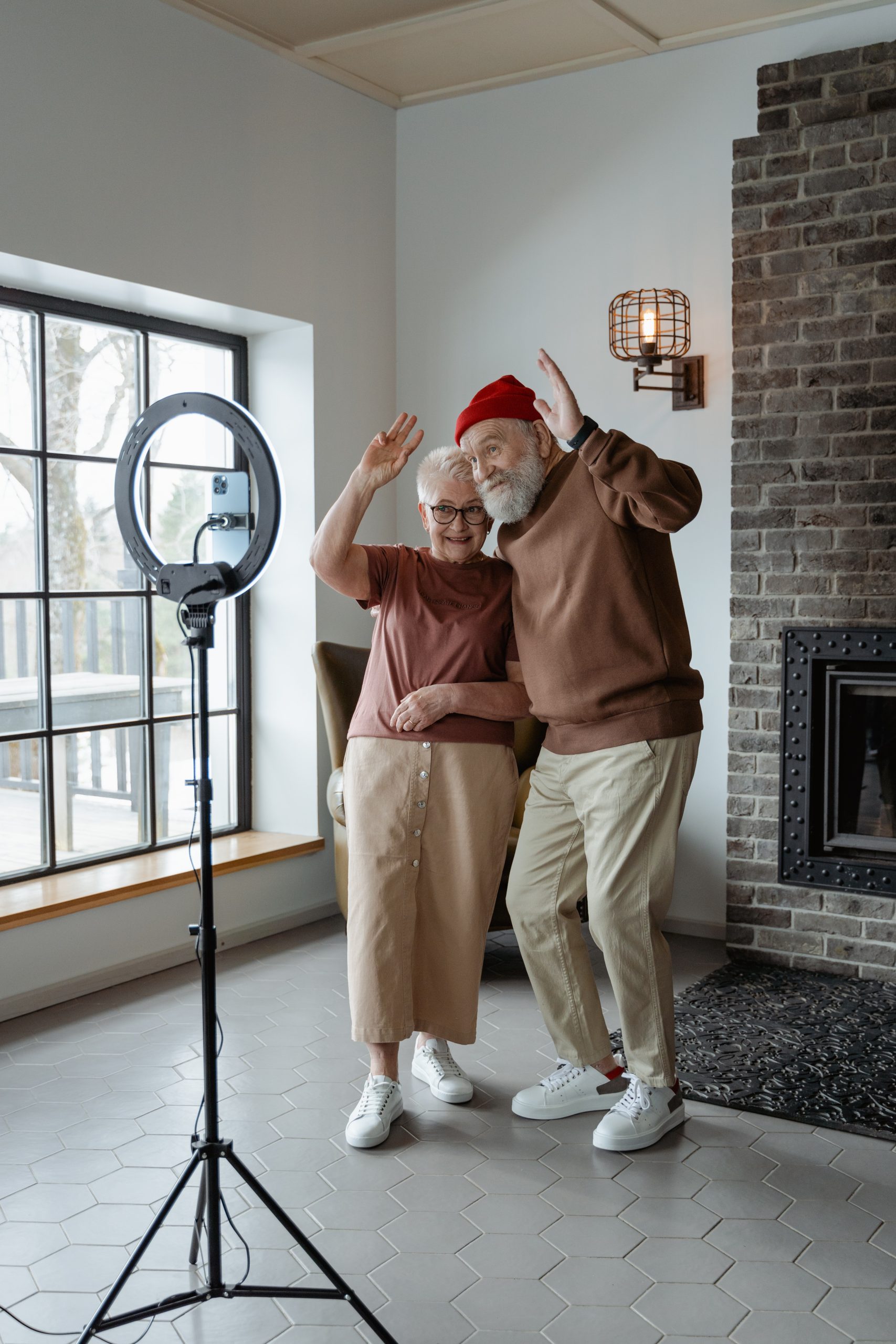A Shot at Prevention: The Lifesaving Potential of Senior Vaccinations

The image is not directly related to the article. It merely symbolizes the life of elderly people.
A Shot at Prevention: The Lifesaving Potential of Senior Vaccinations
As we age, our immune system becomes weaker, making us more susceptible to various diseases and infections. Seniors, in particular, are at a higher risk of developing severe complications from vaccine-preventable illnesses. That’s why senior vaccinations play a crucial role in maintaining the health and well-being of older adults.
Vaccinations have long been hailed as one of the most significant medical advancements of our time. They have eradicated deadly diseases, such as smallpox, and significantly reduced the incidence of others, like polio and measles. However, the importance of vaccinations doesn’t end with childhood. In fact, vaccinations in later life are equally vital in protecting seniors from potentially life-threatening illnesses.
One of the most common vaccine-preventable diseases among seniors is influenza, or more commonly known as the flu. While the flu may seem like a routine illness for most people, it can have devastating consequences for older adults. According to the Centers for Disease Control and Prevention (CDC), approximately 70-85% of flu-related deaths and 50-70% of flu-related hospitalizations occur in individuals aged 65 and older. Fortunately, an annual flu shot is readily available and highly effective in reducing the risk of infection and its complications.
Pneumonia is another significant concern for seniors, leading to hospitalizations and, in severe cases, death. Streptococcus pneumoniae, the most common cause of bacterial pneumonia, can be prevented by the pneumococcal vaccine. The CDC recommends that all adults aged 65 and older receive both the pneumococcal conjugate vaccine (PCV13) and the pneumococcal polysaccharide vaccine (PPSV23). These vaccines provide protection against different strains of the bacteria, ensuring comprehensive coverage.
Another vaccine that seniors should consider is the shingles vaccine. Shingles, caused by the varicella-zoster virus, is a painful rash that typically affects older adults who had chickenpox in their youth. The risk of developing shingles increases with age, and the pain associated with the condition can persist long after the rash clears. The shingles vaccine, also known as the zoster vaccine, reduces the risk of shingles and its complications, including postherpetic neuralgia, a condition characterized by persistent nerve pain.
Additionally, older adults should consider receiving the tetanus, diphtheria, and pertussis (Tdap) vaccine. Tetanus is caused by bacteria found in soil, dust, and manure and can enter the body through cuts or wounds. Diphtheria and pertussis, also known as whooping cough, are highly contagious respiratory infections. The Tdap vaccine provides protection against all three diseases and is recommended for seniors who haven’t received a booster shot in the past ten years.
While the benefits of senior vaccinations are clear, there are still barriers preventing widespread uptake. Some misconceptions and concerns about vaccines, such as their safety or efficacy, can discourage older adults from getting vaccinated. It is crucial for healthcare providers and public health officials to address these concerns and provide accurate information to seniors and their families. Timely reminders, education campaigns, and easy access to vaccination clinics can also help increase vaccination rates among older adults.
In conclusion, senior vaccinations offer a shot at prevention, protecting older adults from vaccine-preventable diseases and their potentially severe consequences. Influenza, pneumonia, shingles, and tetanus are just a few examples of illnesses that can be prevented by vaccines. By staying up to date with vaccinations, seniors can take an active role in safeguarding their health and enjoying a longer, healthier life. So, let’s encourage our seniors and their caregivers to take advantage of these lifesaving interventions and reap the benefits of immunization.
The image is not directly related to the article. It merely symbolizes the life of elderly people. A Shot at Prevention: The Lifesaving Potential of Senior Vaccinations As we age, our immune system becomes weaker, making us more susceptible to various diseases and infections. Seniors, in particular, are at a higher risk of developing severe…
Recent Posts
- Empowering Caregivers: The Best Online and Offline Resources to Enhance Your Skills
- Traveling with a Purpose: The Rise of Volunteer Vacations
- Breaking Stigma: Dispelling Myths about Mobility Aids and Disability
- Avoiding Probate: How Trusts Can Simplify the Estate Settlement Process
- Senior Citizens Beware: Common Financial Scams and How to Stay Protected

